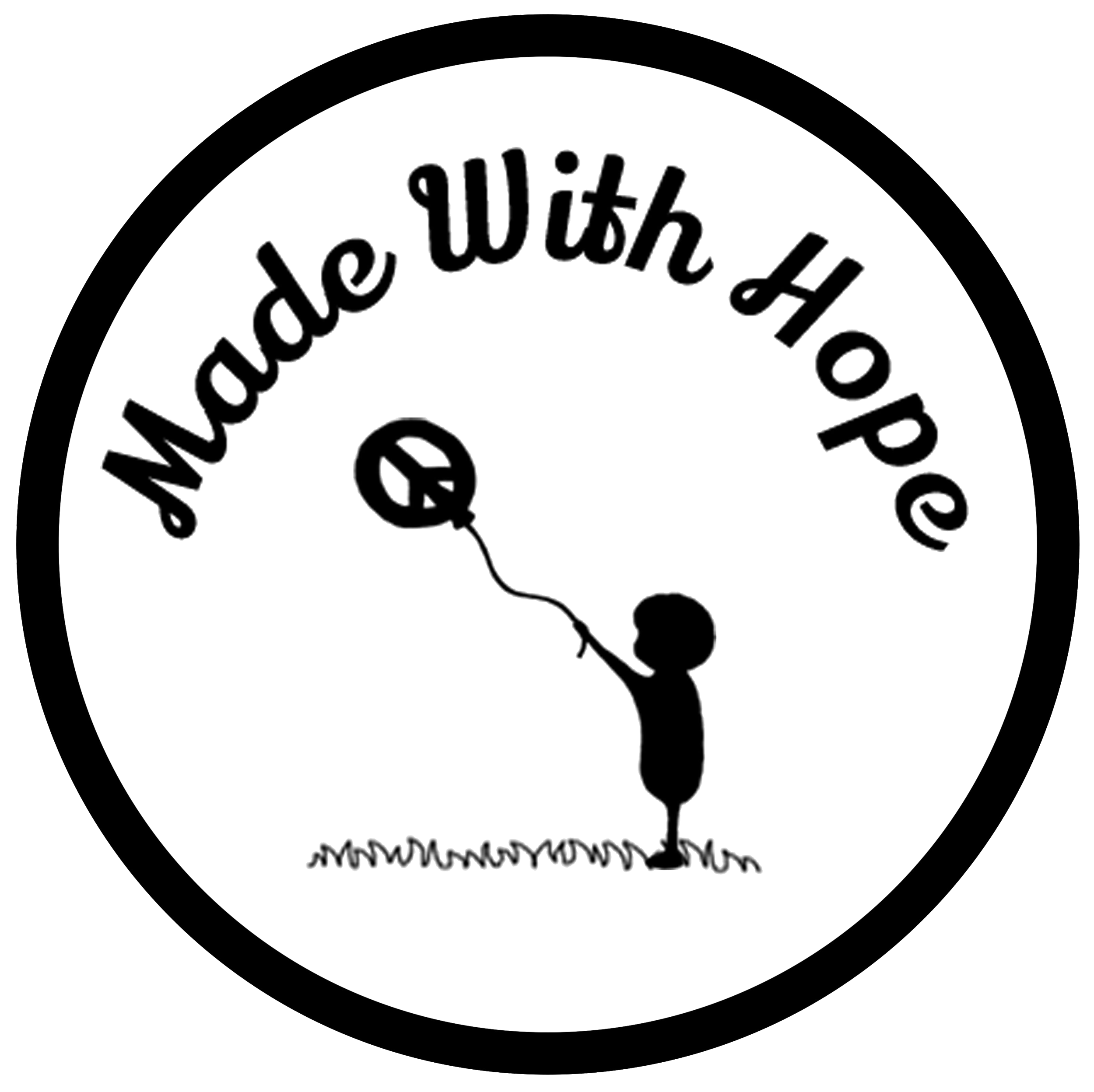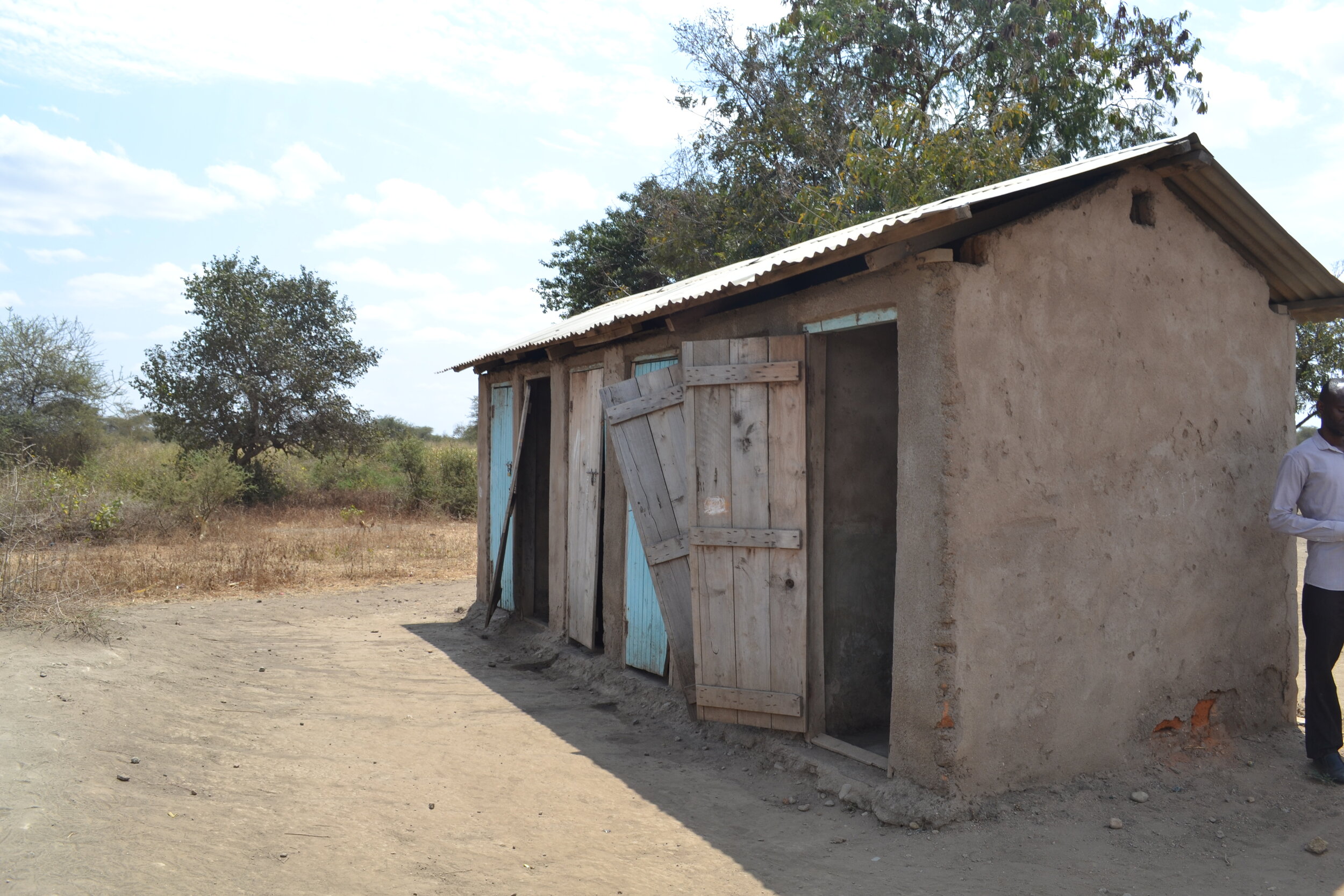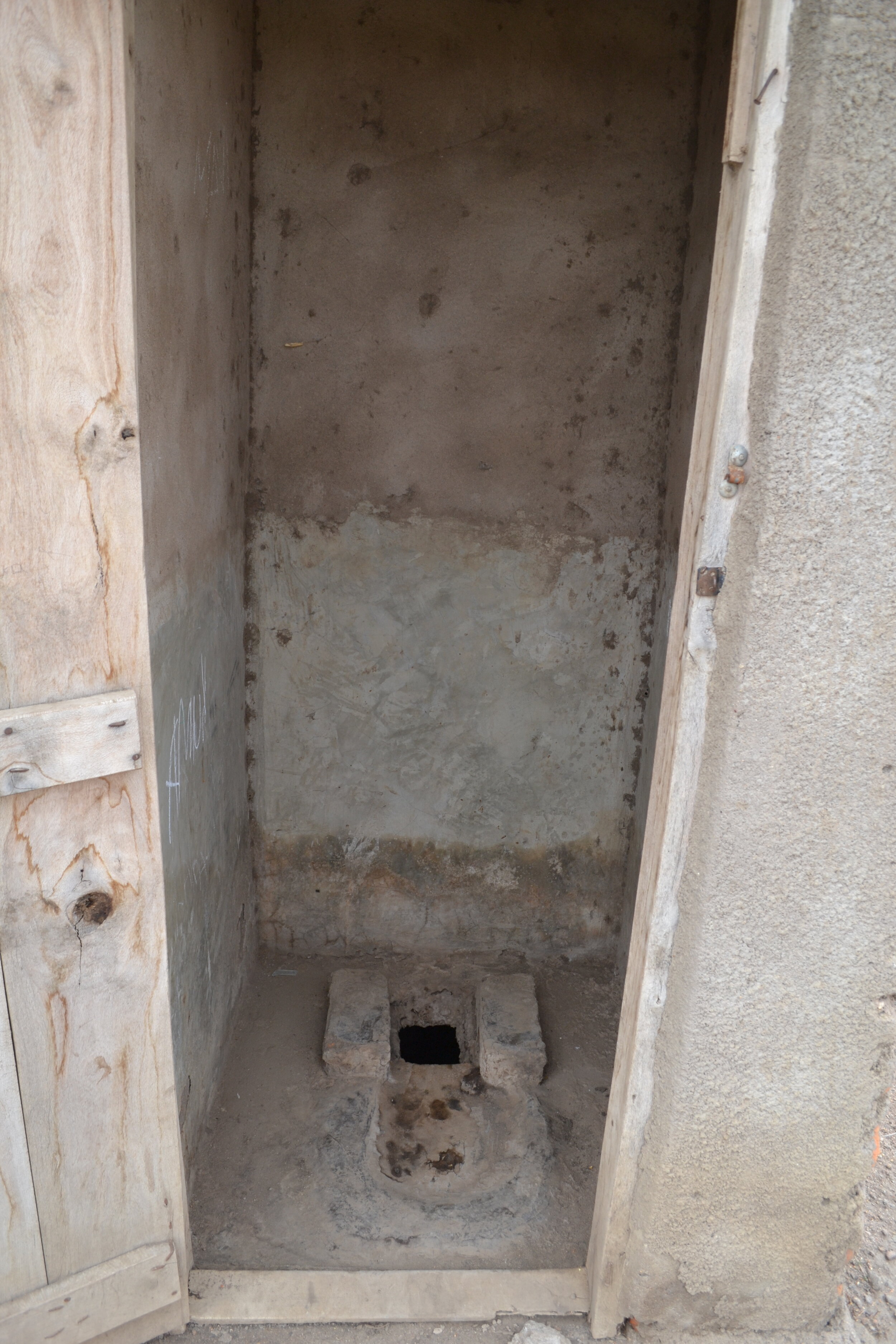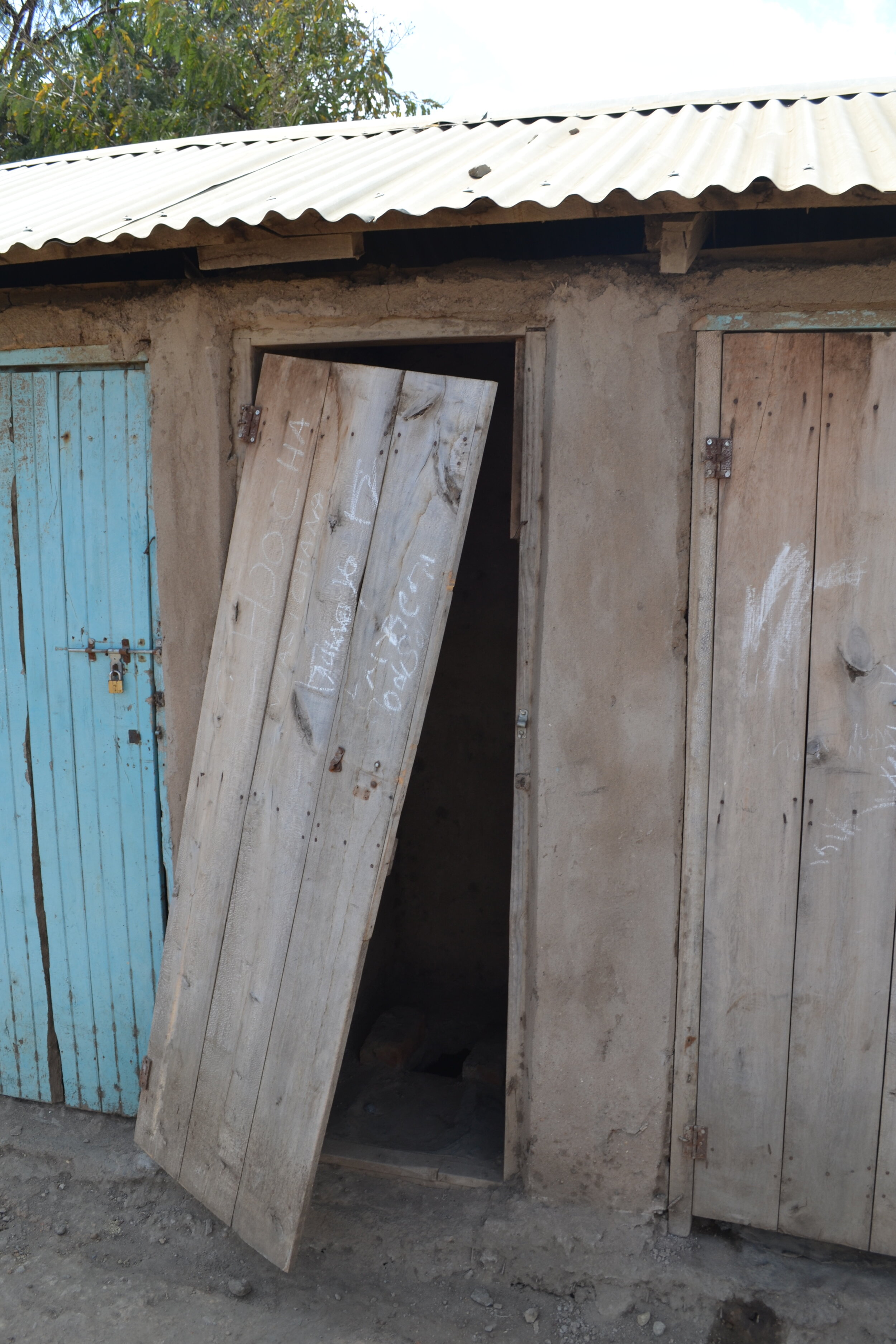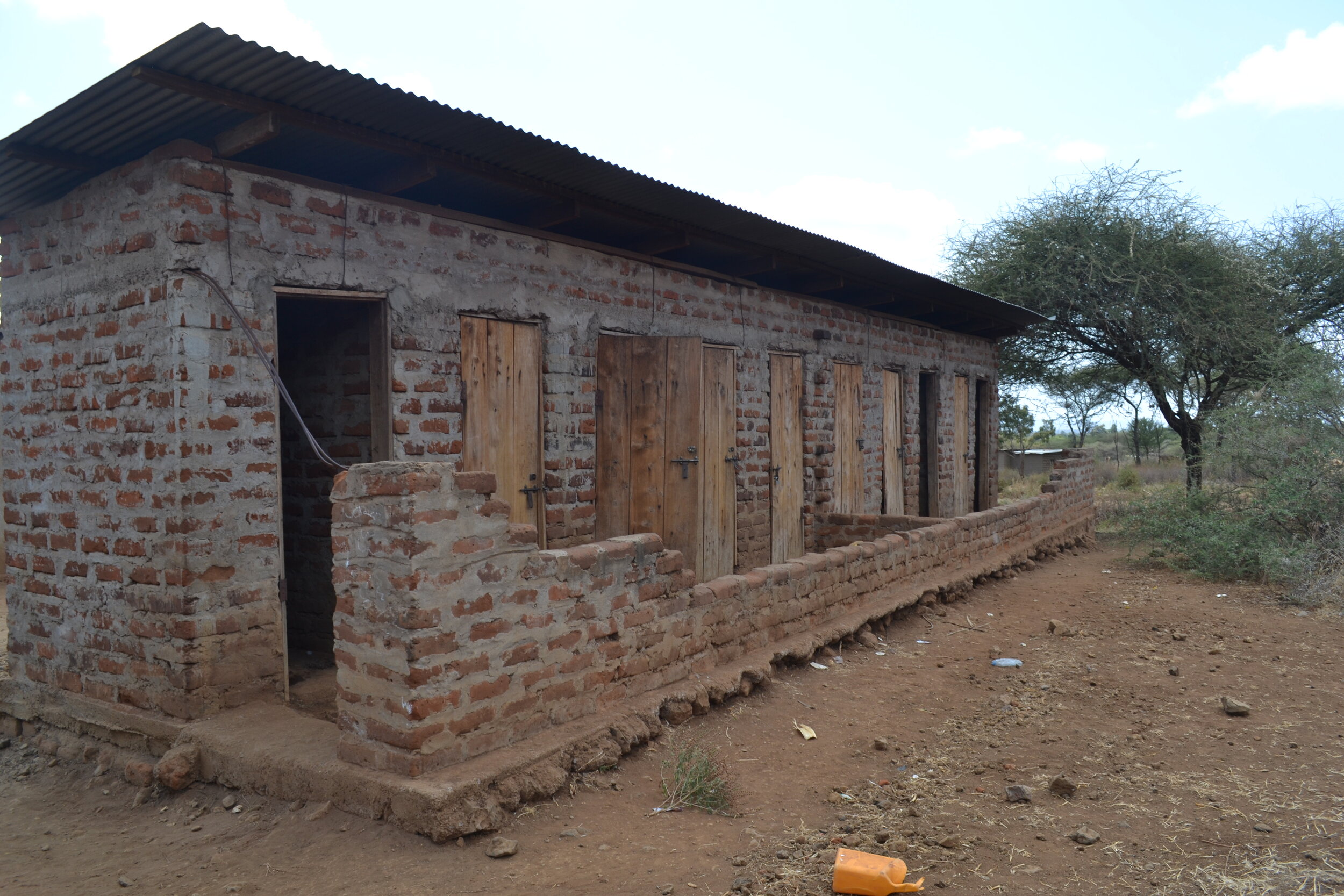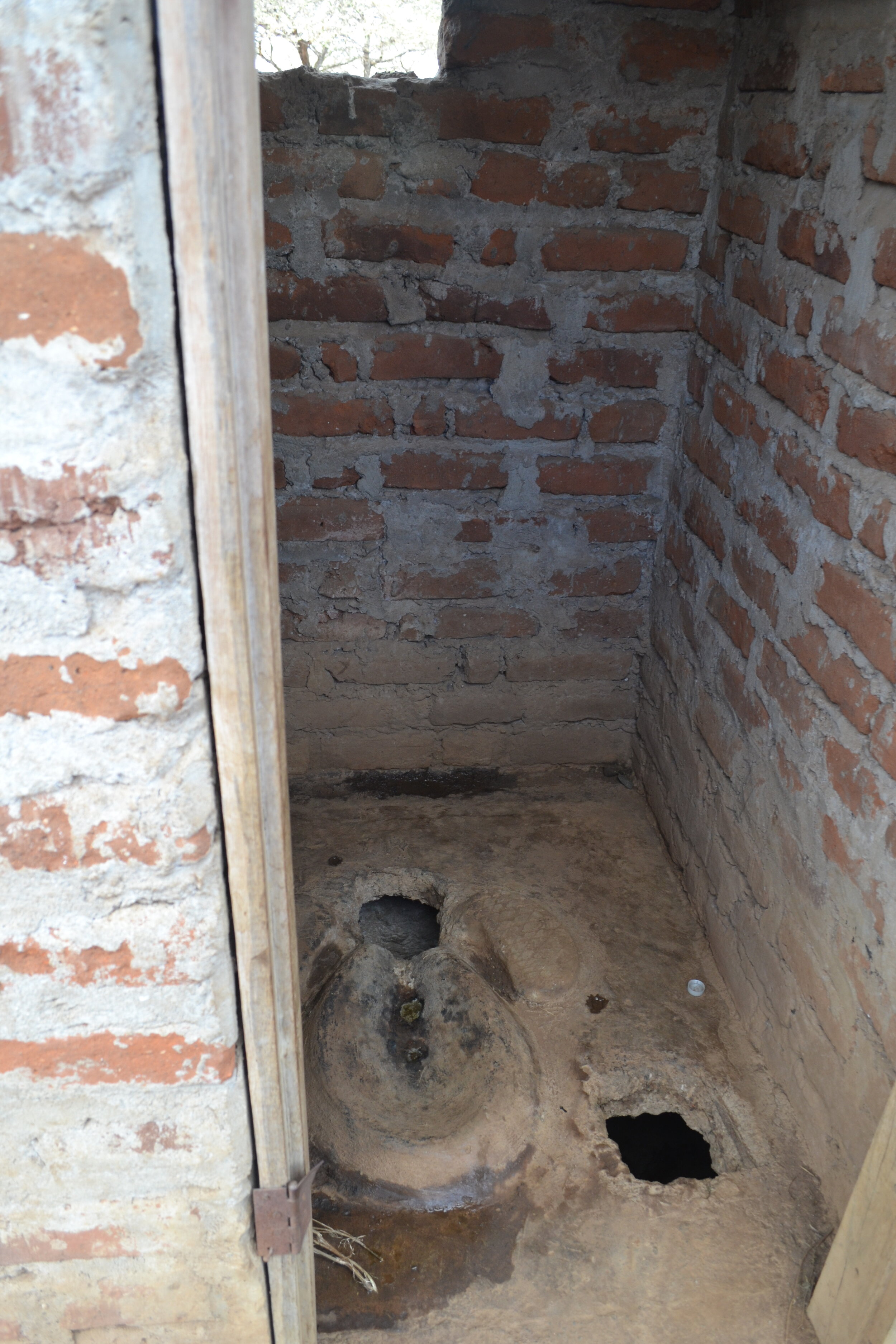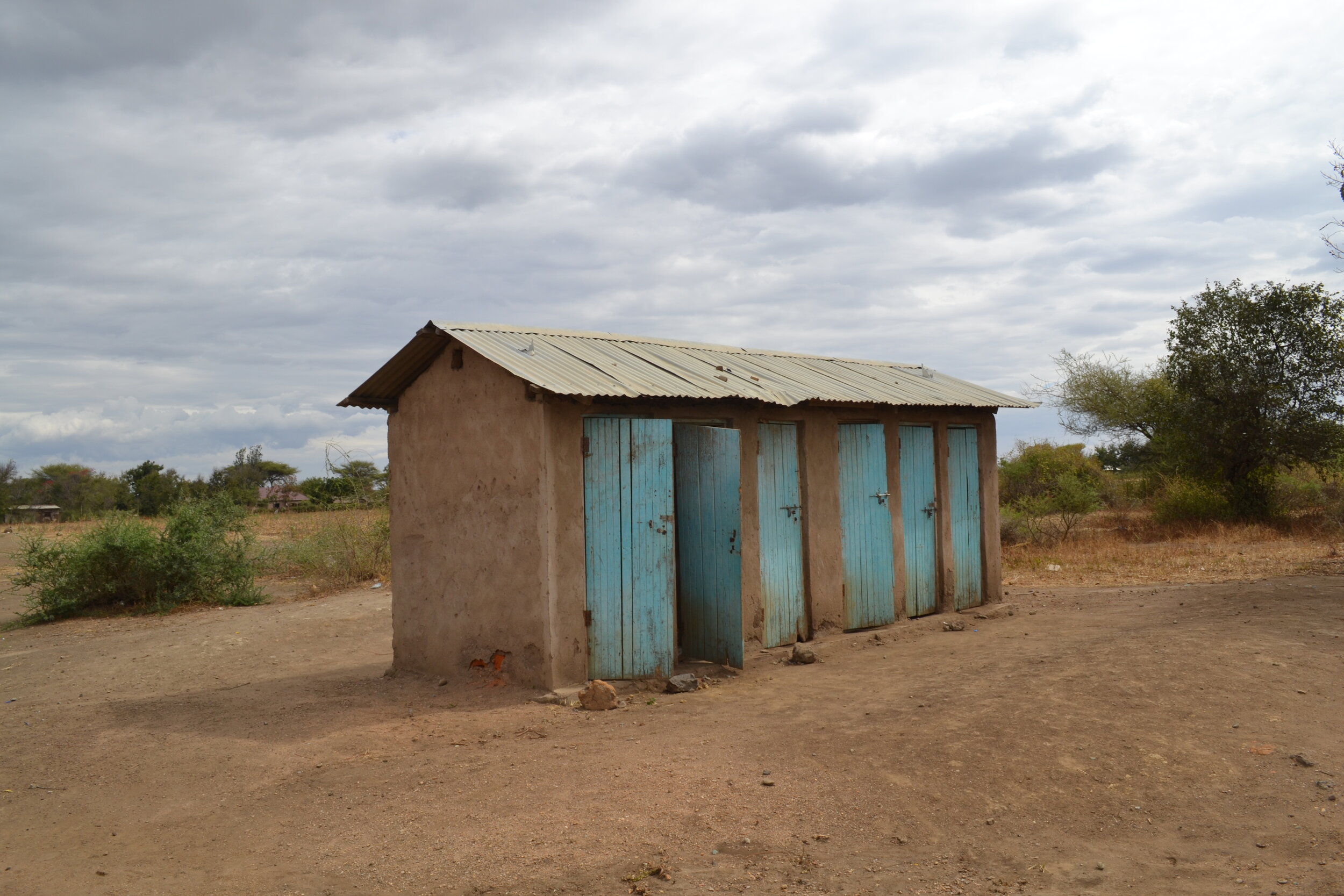Girl Empowerment Update
Our Girl Empowerment Project began in February 2019, and in the last 7 months the project has developed from a few simple ideas to so much more. The social taboos surrounding menstruation, lack of product provision, and lack of facilities for girls in Tanzania is an issue which we realised just cannot be ignored (if you haven’t already, check out our initial blog post on social taboos here, to learn the facts which lead us to start a girl empowerment project).
What do we aim to do?
The Girl Empowerment project aims to improve menstruation hygiene management in schools so that all students can attend school, even when they are on their period. We aim to improve education and knowledge on MHM, ensure girls have access to sanitary and sustainable products and improve the toilet facilities at schools.
What needs to change so that girls can thrive at school?
Education
To improve menstruation hygiene knowledge, we are organising menstrual hygiene workshops for girls and boys at our partner schools. These workshops will cover a range of activities and discussions to ensure correct information is given to the children about periods and puberty, which will challenge social taboos and cultural beliefs around menstruation. They will also show and discuss about different products used for managing a period and how each are used and managed.
Product provision
Previous research showed that disposable sanitary pads and kanga cloth are common products used by girls to manage their period. It would be unsustainable both economically and environmentally to provide disposable sanitary pads to girls, therefore we are going to trial the use of reusable sanitary products and menstrual cups with the girls. Of course, the girls can choose which product they would prefer to use! Not only will this ensure that all girls have access to a sanitary and sustainable period product, but gives them control and autonomy over their period and make them more comfortable attending school. A win-win!
Better facilities
School toilets need to be clean and private, with a changing space and plenty of water. At CHETI school we plan on adapting one of the cubicles in the toilet block to ensure that it is ‘girl-friendly’. An incinerator is already attached to the block for disposable products, but we recognise there can be improvements made for those with reusable products. We are currently investigating building new toilet blocks at our other partner school, that have everything needed by menstruating students.
Where are we currently at in the project?
In September one of our fantastic Girl Empowerment volunteers, Laura, visited Tanzania and ran a number of community focus groups to better understand the issues that menstruating girls are currently facing. There were three activities which covered challenges girls face, toilet facilities and product knowledge.
Girls drawing on their cut outs
The main activity was “Challenge Cutouts”, where the girls were given a girl-shaped cardboard cutout and were asked to name their cutout and label/decorate the girl with experiences of a girl menstruating at school. Although some of the girls were shy at first, they all became extremely active and engaged in this task and really enjoyed it - as you can see from the picture!
This activity found that many of the girls face multiple barriers whilst on their period. Not only do they experience physical problems and lack access to painkillers, but some girls explained they face social challenges too. Boys often “make fun” of girls and “use bad language” towards them once a girl has begun menses. A lack of education around the subject leads the boys to believe this is okay...they simply do not understand the physical and mental changes a girl is experiencing when going through puberty. Social taboos also increase the struggles our girls face, who explained that they are often too afraid to speak to their teachers if they are having a problem or have any questions about their period. They explained that they often miss school on days when they are on their period, as they would rather stay at home then face these challenges at school.
Education on such taboos is imperative to ensue girls can go to school comfortably all year round. Education on the physical and mental changes experienced during puberty is also imperative to ensure both boys and girls understand the changes they are going through.
Some of the completed cutouts explaining (in Swahili) what challenges menstruating girls face at school.
Things we were shocked to hear:
“During menstruation, there is a lot of water coming from private parts”
“Girls should bath twice a day when on their period”
“Girls are not allowed to eat ground nuts (peanuts) whilst on their period”
“She is not supposed to sit with boys (whilst menstruating)”
This activity led to discussions about the toilet facilities at school and whether the girls felt there were any issues. We were not surprised to hear that the facilities at all three government schools are inadequate. The girls explained that they do not use these toilets whilst on their period, as no cubicles can be locked. A lot of the cubicles are even missing doors! They also told us they do not like to change in the toilets, as the space is small and their skirts get dirty. The lack of “girl-friendly” toilets means that our girls have another reason to stay at home when on their period. Our participants’ idea of a “girl-friendly” toilet block includes toilet cubicles that have locks, space to change, somewhere to dispose of used products, and hooks to hang clothes onto.
The last discussion was on types of period products where the girls were shown different MHM products and encouraged conversations around whether they had used it and whether they would be willing to try any. Almost no girls at these schools have the means to pay for period management products, meaning they often use old dirty pieces of kanga (cloth) which can be easily found around the house. Kanga is not very absorbent, and girls are unable to change the kanga cloth very often. Our girls explained that this leads to the cloth smelling whilst they are wearing them. Not only is this uncomfortable and embarrassing for the girls, but it is also dangerous for their health and leads to recurring issues such as UTI’s. After showing the girls some sanitary products (we were shocked to learn that 90% of the girls had never even seen a disposable pad in real life before) and explaining their advantages, every girl told us they would chose the reusable options due to longevity and overall cost.
What next?
Now that we have important information from our research, we understand what the girls need to ensure they can safely and hygienically manage their periods. We are in the final stages of our project design, and can’t wait to finalise budgets to get the ball rolling. We can’t wait to share the project details with you all! Next, we need YOU to help us fundraise enough money to make sure we can run this life changing project. Please help us by getting your friends, family, neighbours, workplace, colleagues and even your school involved! Please feel free to contact us for more information on how you or your business can get involved.
What can YOU do to help?
If you would like to support Made With Hope in supporting girls in school and improving their MHM experiences, click here to donate.
by Laura Martin and Jess Pace
